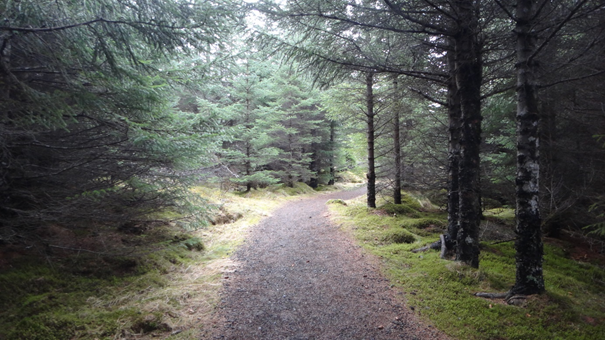Walking in nature has stress-reducing effects
Recently, a paper was published in Health & Place reporting on inter-discipinary research investigating the stress-buffering effects of walking in nature and the importance of the context in which walking takes place.
The research innovatively draws on methods and research findings from physiology, environmental psychology and human geography and is one of the first randomized trials that explores individual appraisals of experience with psychological and physiological markers of restoration.
The study found clear indications of context effects. The authors suggest the restorative effects of nature experience may be due to the directive agency of Romanticsm and the doctrine of Sublime that accompany the experience of nature. These ideologies facilitate a context involving appreciation and respect for nature. Appreciation, admiration and respect accompanied stress- reduction.
This study was carried out by Gunnthora Olafsdottir, Icelandic Tourism Research Centre, Paul Cloke, University of Exeter and Claus Vögele, University of Luxembourg, as part of the project Breathing Spaces: Relating to Nature in the Everyday and its Connections to Health and Wellbeing (BREATH) funded by the Luxembourg National Research Fund and University of Luxembourg.
The paper on the Health & Place website:
For more information on BREATH:
Click here for more information on BREATH






 Norðurslóð 2 (E-building- 206)
Norðurslóð 2 (E-building- 206) 600 Akureyri, Iceland
600 Akureyri, Iceland